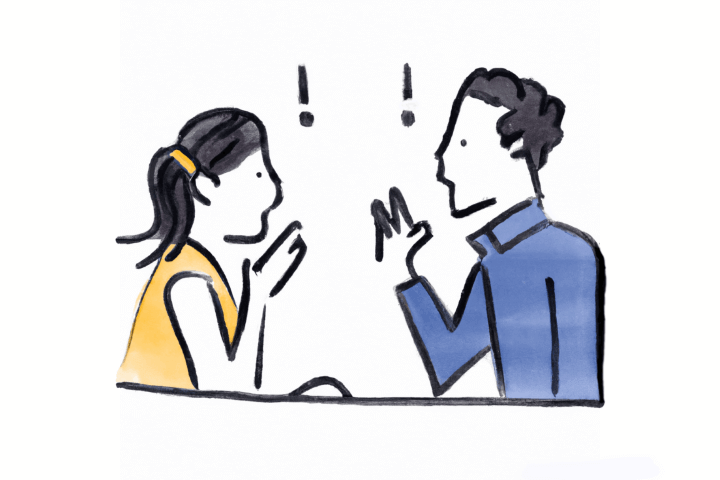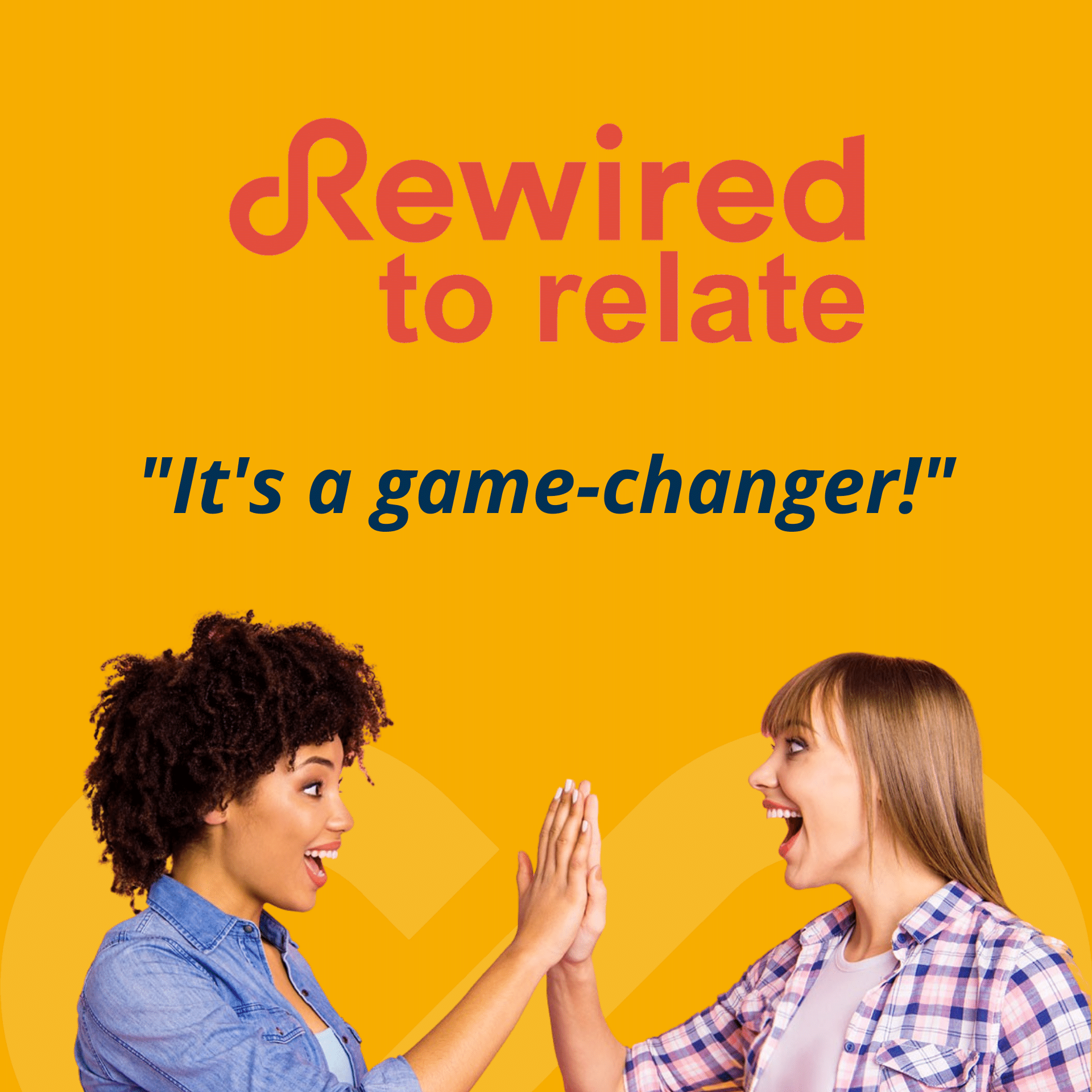
We can all learn to be more diplomatic
Recently I was inspired by a talk given by Barbara Bodine who was the US ambassador to Yemen some years ago. At first one might think that diplomacy would make for a dull topic, but far from it! And just that thought made me realise that this may be our current challenge – diplomacy is relatively slow (and seemingly boring?) while most of us are action addicts – we want to assess quickly, make decisions and act quickly. But being diplomatic requires us to slow down so we can be more measured.
Diplomacy is the art of managing relationships, building trust and resolving conflict. It’s an essential skillset for success in any field, not just international relations. It’s a set of skills that all of us could use, and it’s especially important in the workplace. When we are diplomatic, we can communicate effectively with others, resolve conflict, and build strong relationships.
Diplomacy is about creating win-win solutions.
The key skills of diplomacy are:
- Listening actively so we hear what the other side wants and needs.
- Being respectful and valuing others’ views or positions
- Being honest about our own views.
- Being open-minded so we can take others’ views into consideration.
- Being willing to compromise.
This is not quite happening in a lot of places/times when it should be. We don’t see how world leaders are using these skills, at least not in the open. Often diplomatic conversations happen behind closed doors – wouldn’t it be great if we saw how this actually worked – more out in the open? That is, rather than judging and criticising the results of a diplomatic meeting.
Diplomacy is a whole-brain activity
As I listened to Barbara speak, I realised how diplomacy requires multiple brain regions to be active, especially our executive function – which tends to tire out and go offline when things are difficult.
Being diplomatic requires us to manage our emotions. If emotions are in charge and they lead the conversation, we’re likely to aim for a win-lose situation: going for power over the others, rather than working with the other side.
To create a win-win we need the executive function to stay strong and active. This part of the brain helps us with these essential aspects of diplomacy:
- Managing our emotions and our desire to strike out at others who don’t agree with us.
- Slowing down, so we can be thoughtful rather than reactive.
- Calming our innate desires for fighting, for revenge, and for winning at all costs.
- Having the discipline to stay and listen even when it’s difficult and our urges tell us to act fast.
Tapping into the executive function takes awareness and practice. And it requires that we stay aware of the emotional parts of the brain that will aim for win-lose. In fact, an extra benefit of solving a conflict using diplomatic skills: it will most likely give us a strong feeling of achievement, a dopamine rush.
What is Rewired to Relate?

We can help you and your colleagues create the mindset and brain state where diplomacy happens.
Rewired to Relate gives you a personal experience of your different brain states and teaches you how you can choose a slower more reasoned approach.
more info